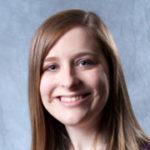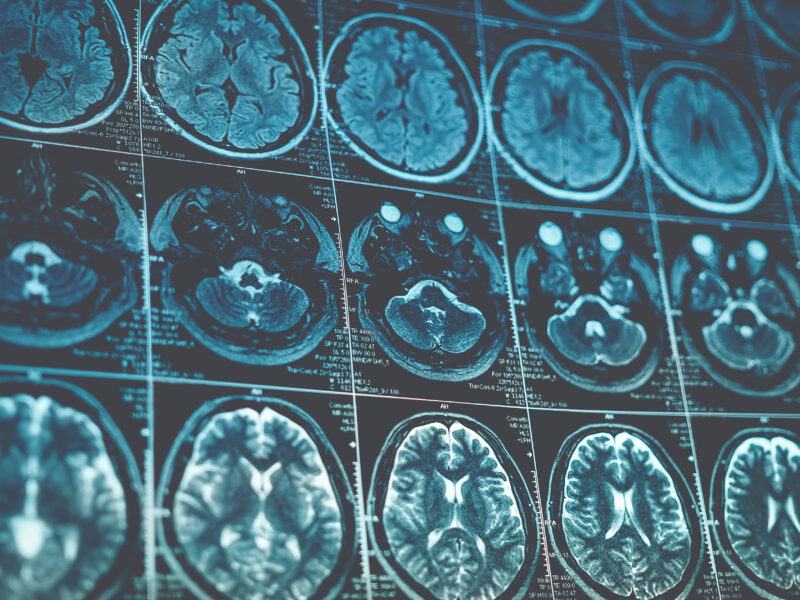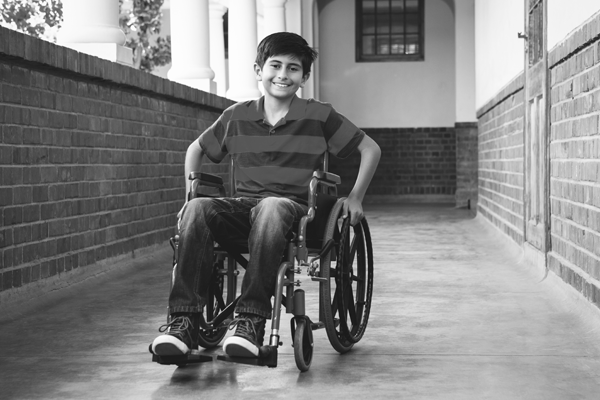Wishes Help Keep Pediatric Patients Out of the Hospital
Wishes Help Keep Pediatric Patients Out of the Hospital https://pediatricsnationwide.org/wp-content/themes/corpus/images/empty/thumbnail.jpg 150 150 Gina Bericchia Gina Bericchia https://pediatricsnationwide.org/wp-content/uploads/2021/03/Gina-Bericchia-2-1.jpg- November 13, 2018
- Gina Bericchia
Cimone Stills, 15, has a medical condition that has caused her to have multiple seizures a day for most of her life. Specifically, she has treatment-resistant generalized epilepsy because of a genetic variation. Like many patients with such a serious illness, it affects her daily life and as a result, she was diagnosed with clinical depression. But Cimone’s outlook on life completely changed for the better after her wish of going to Paris. Cimone says that the wish helped provide her perspective and hope. It also helped reduced her number of seizures over time.
As a member of the Medical Advisory Council of Make-A-Wish America, Anup Patel, MD, section chief of Neurology at Nationwide Children’s Hospital, anecdotally could attest that wishes like Cimone’s positively affected the patients he saw in the Complex Epilepsy Clinic at Nationwide Children’s. As a clinician, he sought evidence to support his hypothesis that these experiences provided children with progressive, life-threatening, or critical illnesses more than hope – that in fact, they had a clinical benefit.
Whatever a child has wished for – a puppy, seeing snow for the first time or to meet their favorite celebrity – a recent study led by Nationwide Children’s demonstrates that experiences, or “wishes,” granted to pediatric patients can actually reduce health care utilization. In the retrospective study published online by Pediatric Research, patients granted a wish were 2.5 times more likely to have fewer unplanned hospital admissions and 1.9 times more likely not to have to use the emergency department. This led to a decline in cost of care even after accounting for the average cost of the wish.

Cimone Stills (middle) takes a selfie with her parents at Disneyland Paris. After suffering daily with treatment-resistant epilepsy, Cimone was granted her wish of traveling to Paris. The experience not only renewed her hope that her epilepsy could improve, but actually helped reduce her seizures.
“My patients have about a one to three percent chance of ever becoming seizure-free. Not every patient of mine who gets a wish is going to come back seizure-free, but they are going to improve,” said Dr. Patel. “Their quality of life is going to be better and that might have an indirect impact on their seizures. They may have fewer seizures as a result, or be more likely to take their medications. Moreover, we are able to give them something they would not otherwise get: a break from their illness.”
“My wish that was granted in 1988 changed the way I felt about my illness, and it motivated me to fight even harder, to believe even more that there was a future for me,” said Tiffany Rowe, Make-A-Wish recipient and chair of the Make-A-Wish National Board Alumni Association. “It is fundamentally part of why I am still here today.”
The study compared patients who received or did not receive a wish and associated impact on healthcare utilization and costs across two years. From 2011 to 2016, 496 Nationwide Children’s Hospital patients received a wish. These were matched to the same number of a control group based on age, gender, disease category and disease complexity.
“Wishes are a nice thing to do for a patient, their family and siblings, but for the first time this study lets us say that a wish is more than just nice,” said Dr. Patel. “A wish is something that potentially can help the health of a child get better over time, impact healthcare utilization and reduce dollars spent on healthcare.”
Dr. Patel says larger populations of wish-receiving patients need to be studied to determine if this pilot study can be replicated, and to help researchers understand why wishes have such a positive impact.
Reference:
Patel AD, Falke AM, Reynolds M, Hoyt R, Hoynes A, Moore-Clingenpeel M, Salvator A, Moreland JJ. Impact of a Make-A-Wish experience on healthcare utilization. Pediatric Research. 2018 Oct 18. [Epub ahead of print]
About the author
Gina is the director of Media Relations at Nationwide Children's Hospital. She has a background in health care public relations. She previously worked at The Ohio State University Wexner Medical Center and is a graduate of Otterbein College.
-
Gina Bericchiahttps://pediatricsnationwide.org/author/gina-bericchia/
-
Gina Bericchiahttps://pediatricsnationwide.org/author/gina-bericchia/
-
Gina Bericchiahttps://pediatricsnationwide.org/author/gina-bericchia/December 21, 2015
-
Gina Bericchiahttps://pediatricsnationwide.org/author/gina-bericchia/








